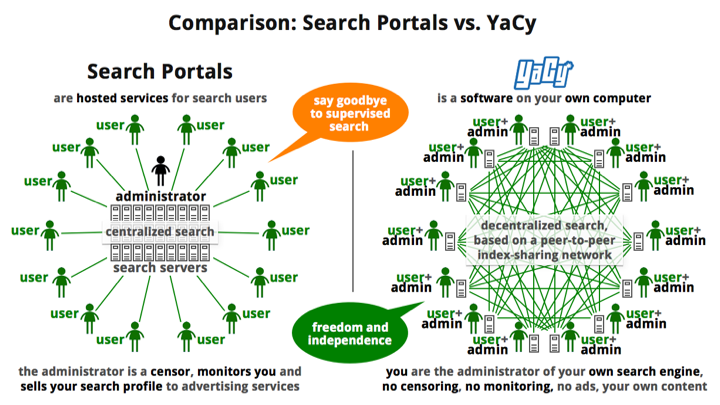Google customERS search engine is a clickbait?
These are interesting times for internet customers. Facebook got told for selling our data, but Google is roaming free. Data Protection laws are sprouting up yet more people are making a career out of data analytics and tools. Google Custom Search Engine perfectly illustrates these blurry lines of our shoddy times.
Customised time saver
Google custom search engine (or Gcse) is a widget powered by Google for people who want to make their website(s) more findable and searchable. It comes in the form of a copy-and-paste (java)script code for your HTML. Back in the early coding days, people didn’t want to waste time setting up a database on the back-end. What to do?

Gcse came up as the solution to allow visitors to search your website or your selection of websites. Just like Facebook, you got the impression that you could customise the privacy settings. You wanted to keep the WWW at bay or lock your visitors in the network of your domains. Nevermind that ads from competitors and other third parties would litter your search results. It was (and is still) free to use by many and all.
Insidious data tracker
Google custom search engine serves its purpose fairly well. It gives your website the opportunity to climb higher in the hierarchy of SERP. It works as an indexing tool for your website. You get some back links, a front end interface, a set of keywords and your are now findable in the World Wild Web. Welcome to (accelerated) Graduation!

But the more people search your website, the more ads they see, just a click away. And there is no way you can get rid of that Google logo: you are a total sellout. It will take you decades to realise your beginner’s mistake. For every search that people made on your website, you gave away a bank-worth of information to Gorgle. Of course, this can be what your customers often want to buy at christmas time or how you structured your own content to attain your e-commerce success. Your secrets are openly kept.
Uprooting and derouting
Luckily, as with anything, change is round the corner: enter Blockchain. Peer-to-peer always rises in popularity whenever wolfish organisations gang up to feast on innocent consumers. Yacy is leading the way with a distributed search engine software that allows anyone and everyone’s computer to become a database for peers. Consequently, the search knows no ad, no “censorship” and no monitoring. It’s all out in the open-source algorithms.
But if you want to avoid the noise of certain websites, then Presearch is worth a scroll. This decentralised search engine works as the parent of a myriad of websites and search engines. Just like with Gcse, you select the specific websites/domains you want to search and voilà! There is automatic filtering, customising and securing of your results: no leaking nor selling. Moreover, the bonus (crypto)tokens given for each search completed using Presearch can certainly make it an attractive platform for the data-sensible user.
It wouldn’t be wrong to think that the golden age of the Google monopoly is slowly coming to a halt. In fact, consumer data has become the holy grail for most businesses: they are ready to pay any price to hear what their clients say. However, the Blockchain technology is set to make it more challenging for Tech giants to sweep our records away. After all, there is no fun in the hunt if the prey has no chance to escape.
Sources:
The Guardian: https://www.theguardian.com/technology/2018/apr/19/gdpr-facebook-google-amazon-data-privacy-regulation
Four Week MBA: https://fourweekmba.com/distributed-search-engines-vs-google/
Holithemes: https://www.holithemes.com/alternative-to-google-custom-search-engine-cse/
